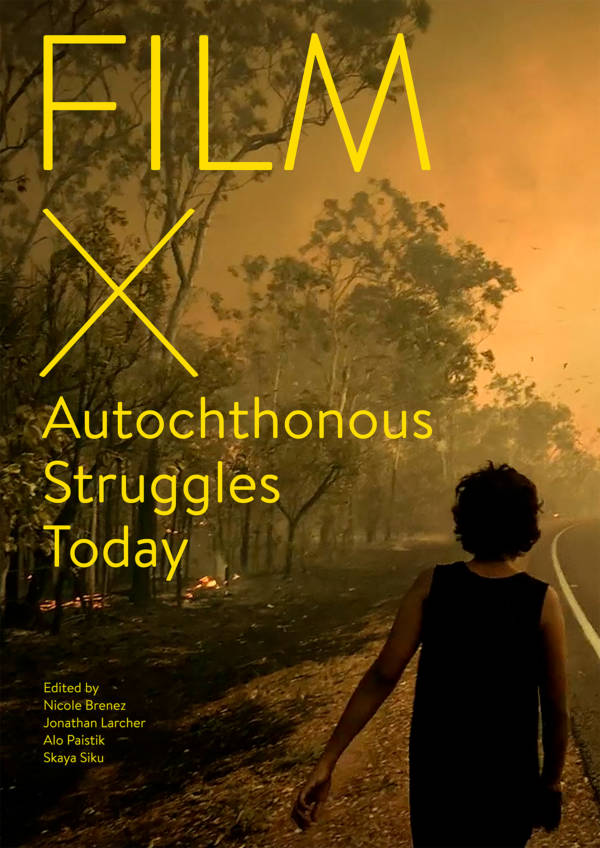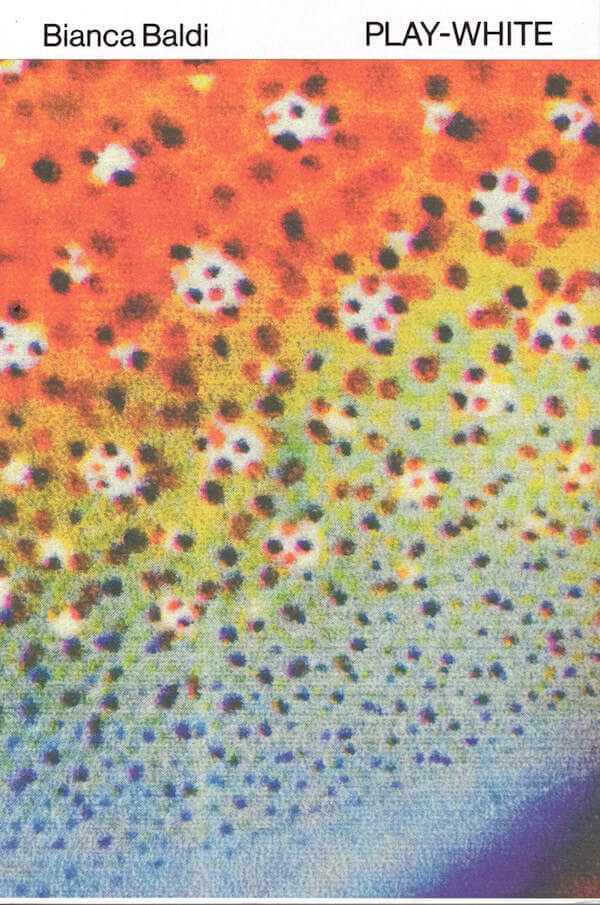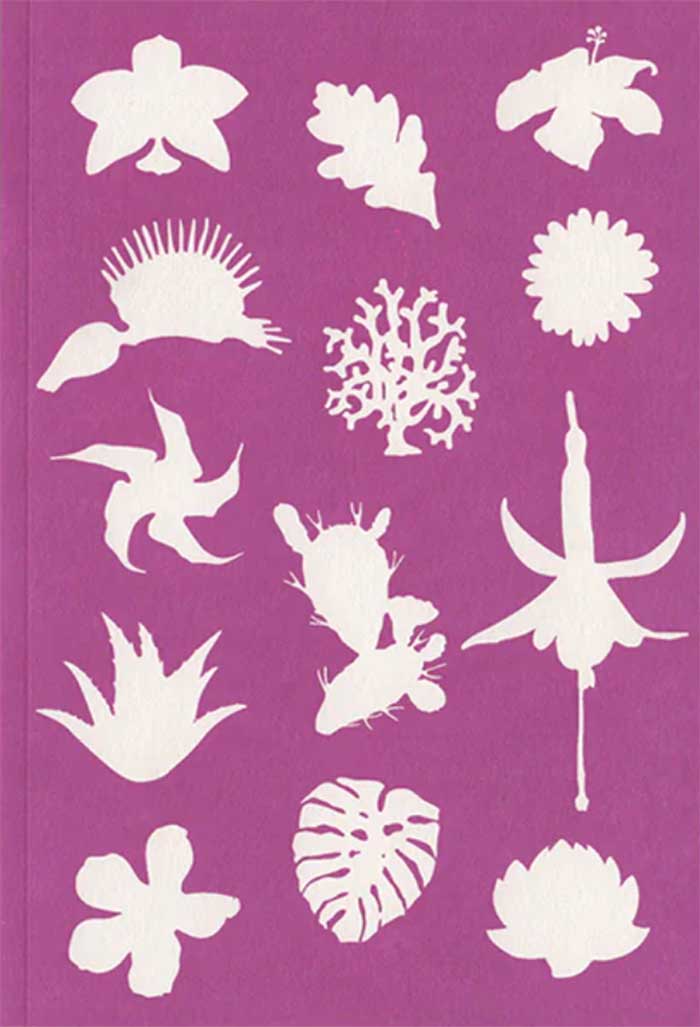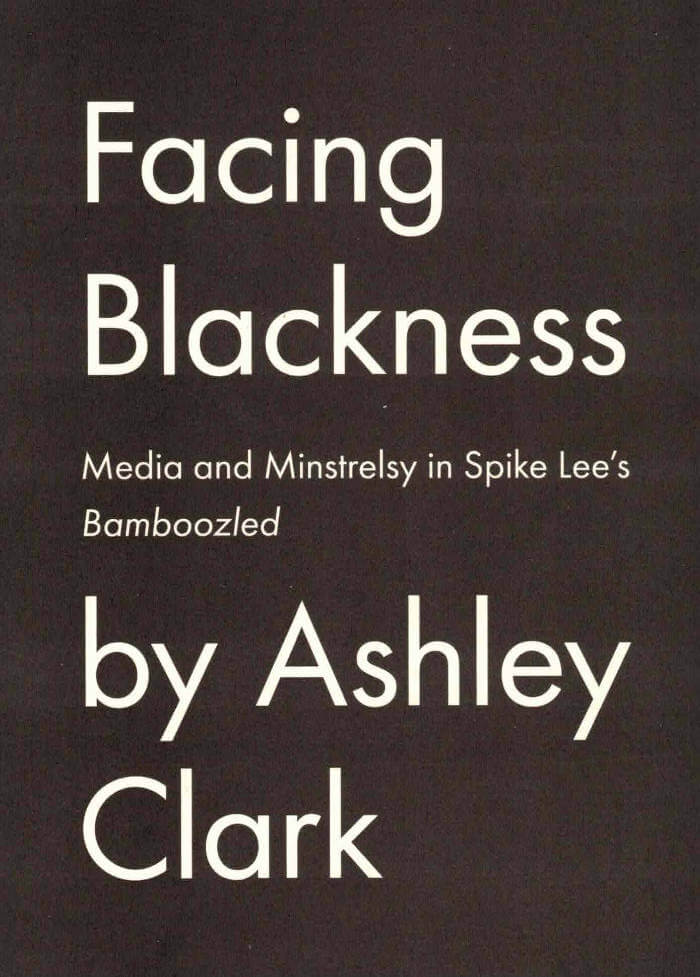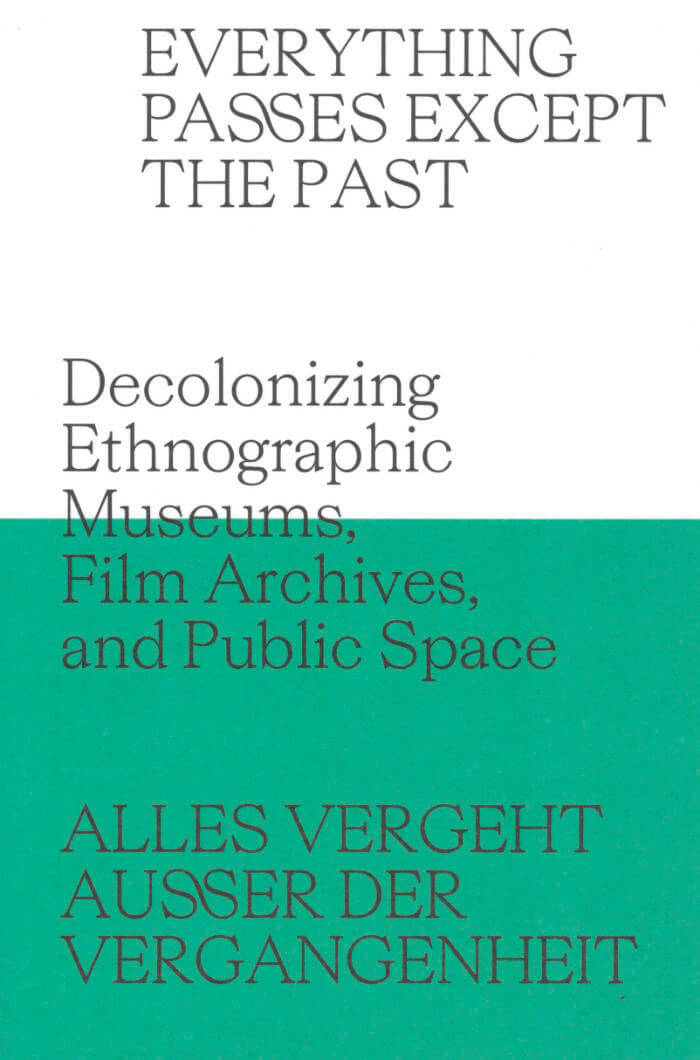
Everything Passes Except the Past – Decolonizing Ethnographic Museums, Film Archives, and Public Space
Jana J. Haeckel ed.
Everything Passes Except the Past takes an artistic and discursive approach to coming to grips with a colonial past that remains present in ethnographic museums, public space, and image archives.
The contributions in this book propose visionary theoretical, practical, and ethical foundations for future museums based on artistic and curatorial remediation of ethnographic collections. They also cover the role of colonial films in our collective and national memory, as well as the challenges and perspectives of tearing down or replacing monuments and renaming streets.
Contributions by Yaa Addæ Nantwi, Lotte Arndt, Andrés Antebi Arnó, Bianca Baldi, Daniel Blaufuks, Filipa César, Didi Cheeka, Clémentine Deliss, Karfa Diallo, Sally Fenaux Barleycorn, Alessandra Ferrini, Fradique, Pablo Gonzáles Morandi, Guido Gryseels, Jana J. Haeckel, Didier Houénoudé, Duane Jethro, Christian Kopp, Yann LeGall, Alberto López Bargados, Eloy Martín Corrales, Grace Ndiritu, Inês Ponte, Linda Porn, Tamer El Said, Bénédicte Savoy, Stefanie Schulte Strathaus, Mnyaka Sururu Mboro.
Graphic design: Caroline Wolewinski.
